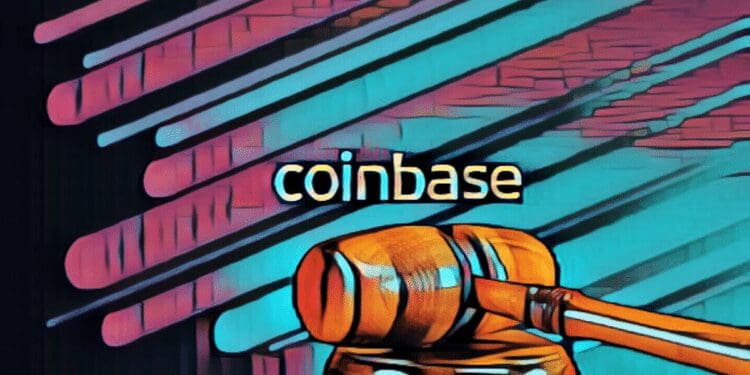According to the allegations, the brother of a former Coinbase employee gained from an insider trading operation and now has 20 years to repay the funds.
The brother of a person who formerly worked for Coinbase has come to a settlement to pay the cryptocurrency exchange for the role that he played in a scheme involving insider trading.
Nikhil Wahi, brother of former Coinbase product manager Ishan Wahi, will be required to begin making restitution payments while serving time in prison, as stated in a New York District Court filing that was signed on April 6 and made public on April 10. This case is believed to be the first insider trading case involving cryptocurrency.
The amount must be paid in full within 20 years after Nikhil’s release from prison and represents the amount that Coinbase spent on legal services in connection with the investigation conducted by the Department of Justice.

Nikhil entered a guilty plea in September 2022 to initiate trades based on personal information obtained from his brother, and he is currently serving a term of ten months in jail for conspiracy charges related to wire fraud. The punishment was handed down on January 10, and Nikhil received the term of imprisonment.
1/ At Coinbase, we actively monitor for illegal activity and investigate any alleged misconduct. In April, we received information about possible frontrunning of assets shortly before being listed on Coinbase. We immediately launched an investigation into this.
— Brian Armstrong (@brian_armstrong) July 21, 2022
Because of Ishan’s position at Coinbase, the prosecution claims that he was in a position to know when the cryptocurrency exchange would be listing new cryptocurrencies and that he provided this information to his brother Nikhil as well as an associate of theirs named Sameer Ramani before the asset listings were made public.
According to the authorities, Nikhil made a profit of $892,575 after the values of the listed cryptocurrencies generally climbed following their listing. This resulted in the listing of the cryptocurrency. Nikhil was compelled to hand over these funds to the government of the United States as part of the sentence he received for his crime.
In a distinct civil issue, Coinbase defended the brothers and Ramani while they were sued by the Securities and Exchange Commission (SEC) for violating antifraud provisions of U.S. securities laws. The SEC claimed that the three individuals had engaged in fraudulent activity in order to defraud investors.
In an amicus brief filed on March 13, Coinbase stated that it condemns the conduct of the defendants but was supportive of a motion to dismiss the case. Coinbase argued that the SEC did not have the authority to file a lawsuit because the tokens at issue do not pass the Howey test, which is a legal doctrine in the United States that determines whether or not an asset is a security.
Last week I testified to Congress about Coinbase’s futile effort to register with the SEC so we can begin to offer digital asset securities. Today we filed an amicus brief in SEC v. Wahi that explains why this misguided suit only makes things worse. 1/5https://t.co/9iWYrWwpiI
— paulgrewal.eth (@iampaulgrewal) March 14, 2023
The Securities and Exchange Commission (SEC) mentioned in a filing that it reported on April 3 that it had achieved an “agreement in principle” with Ishan to resolve the SEC’s allegations and that it was also engaging in “good faith discussions” with Nikhil.













Discussion about this post